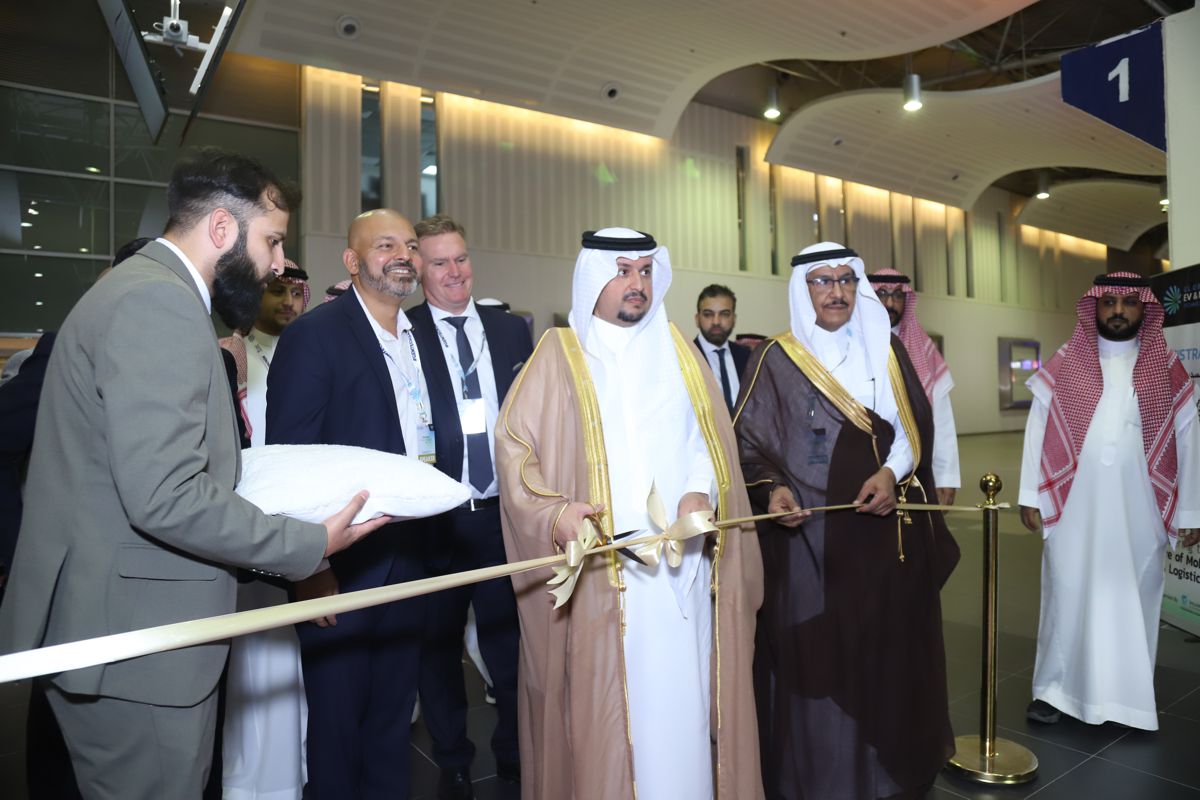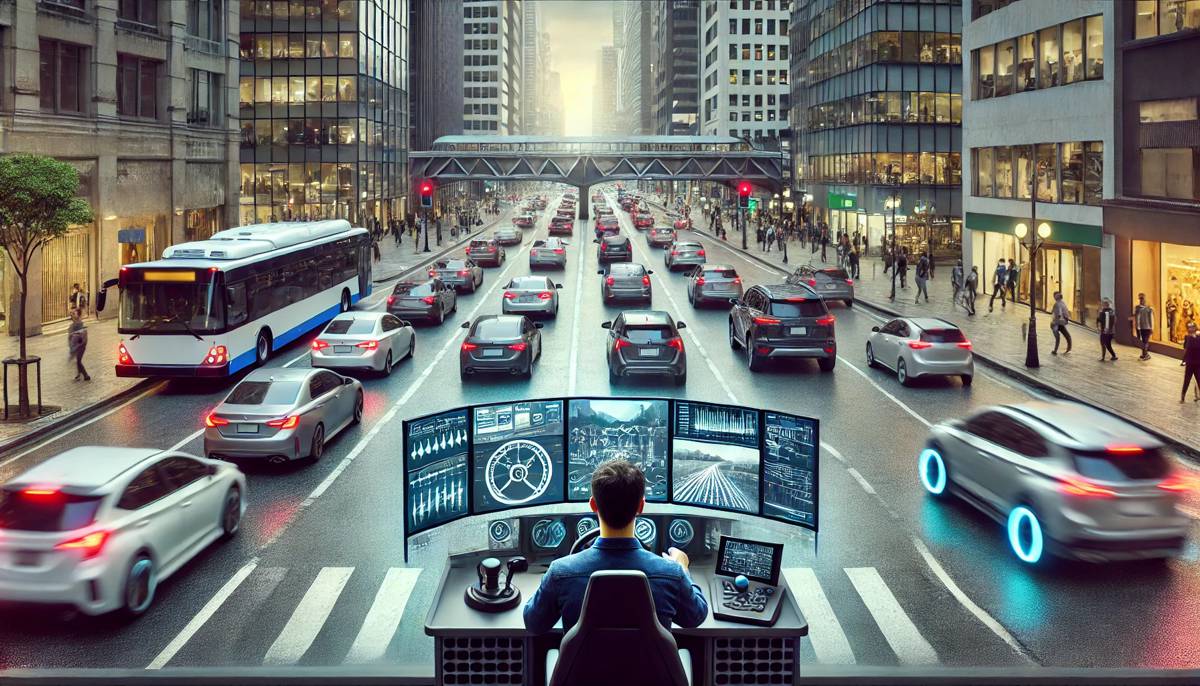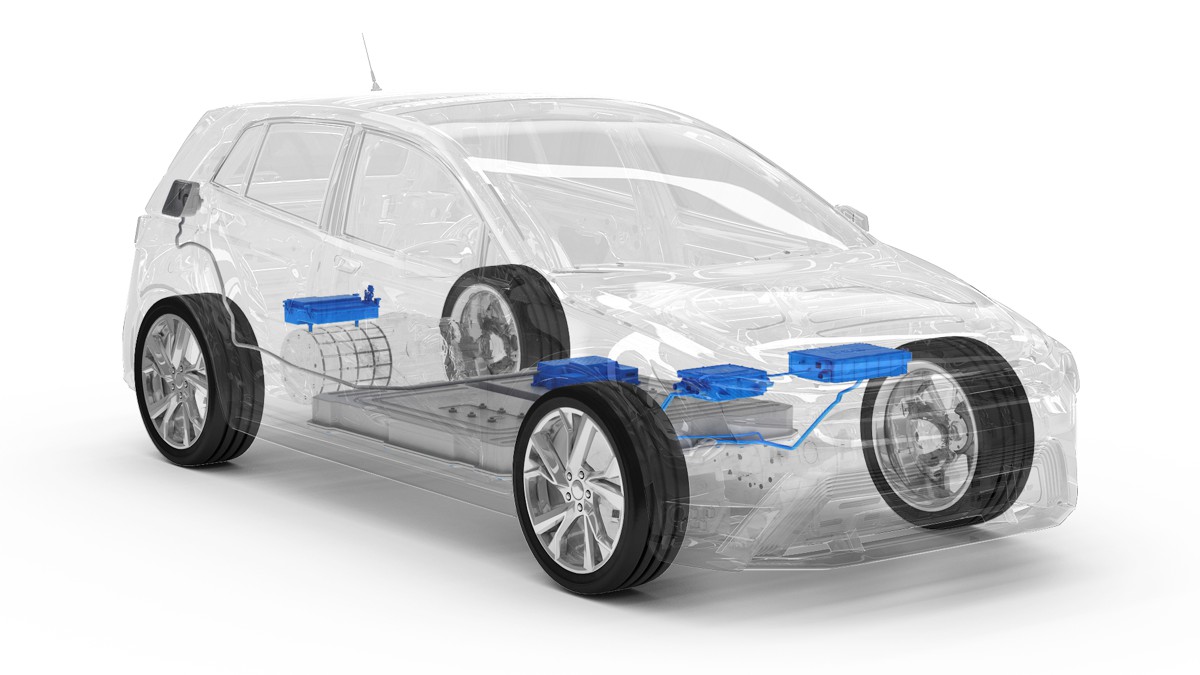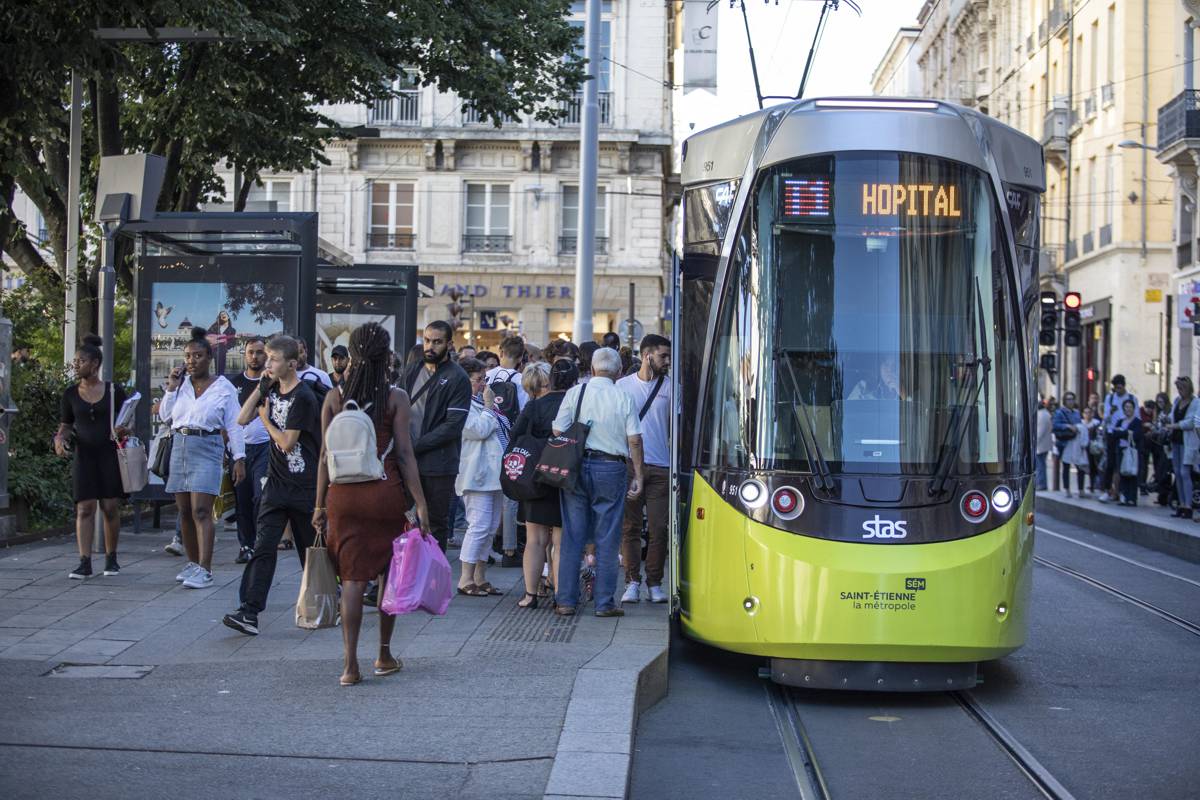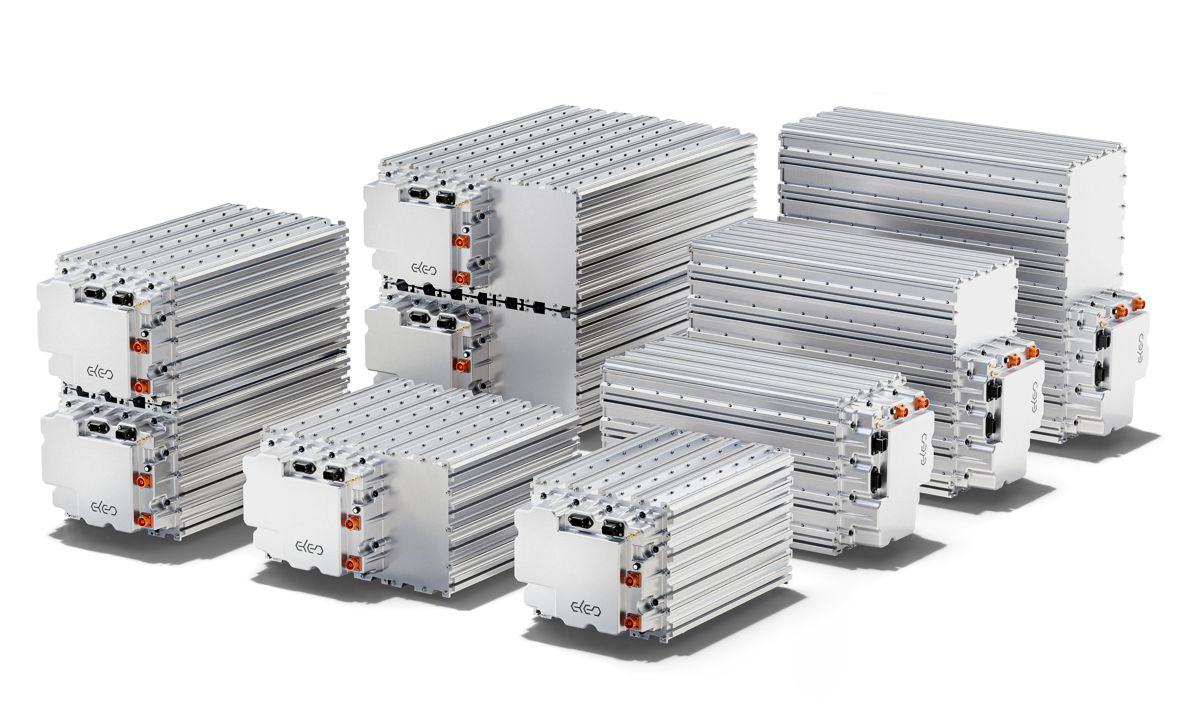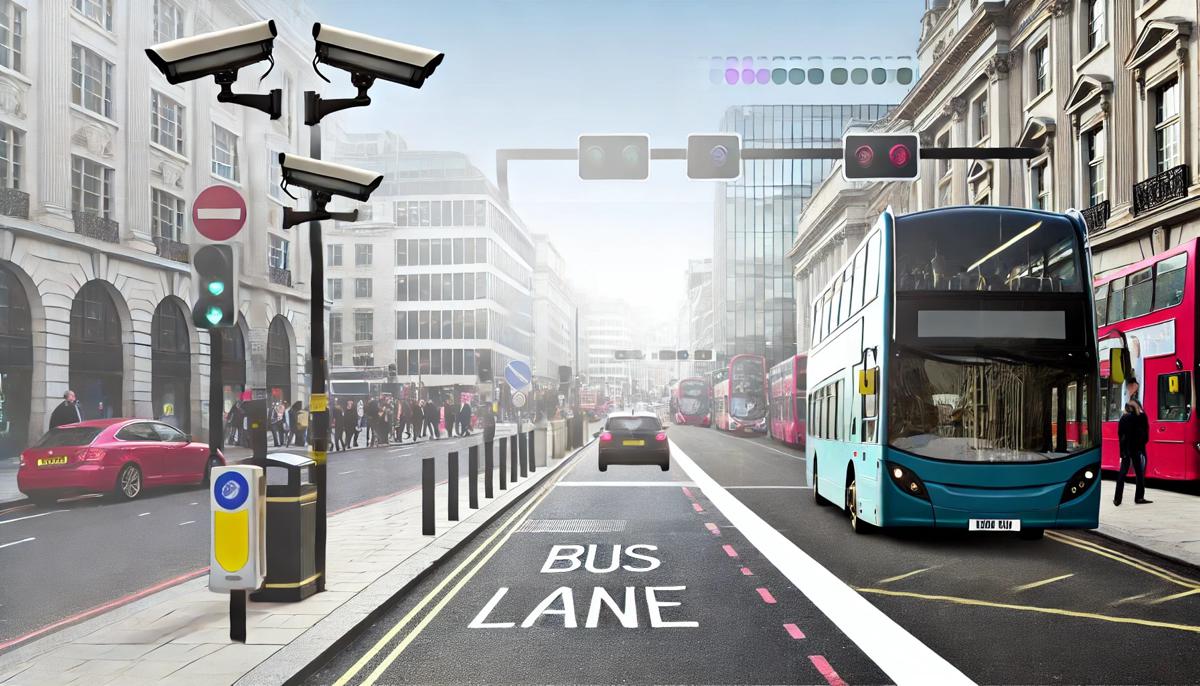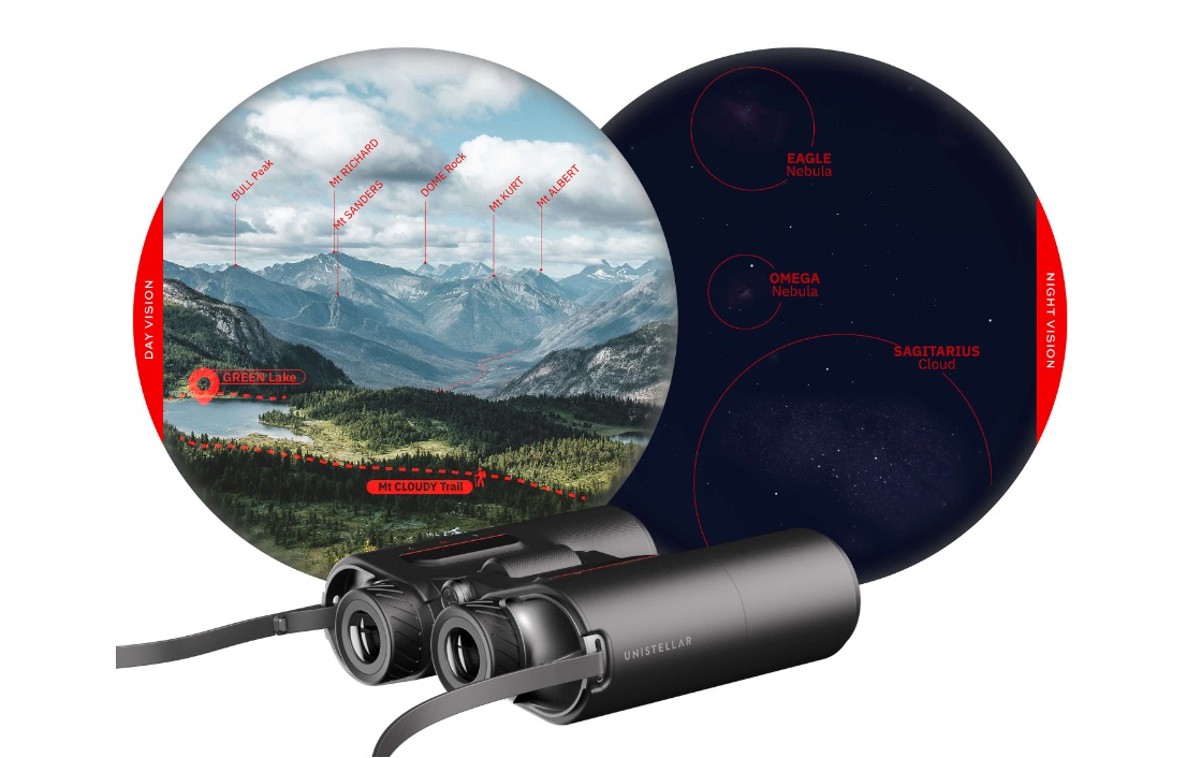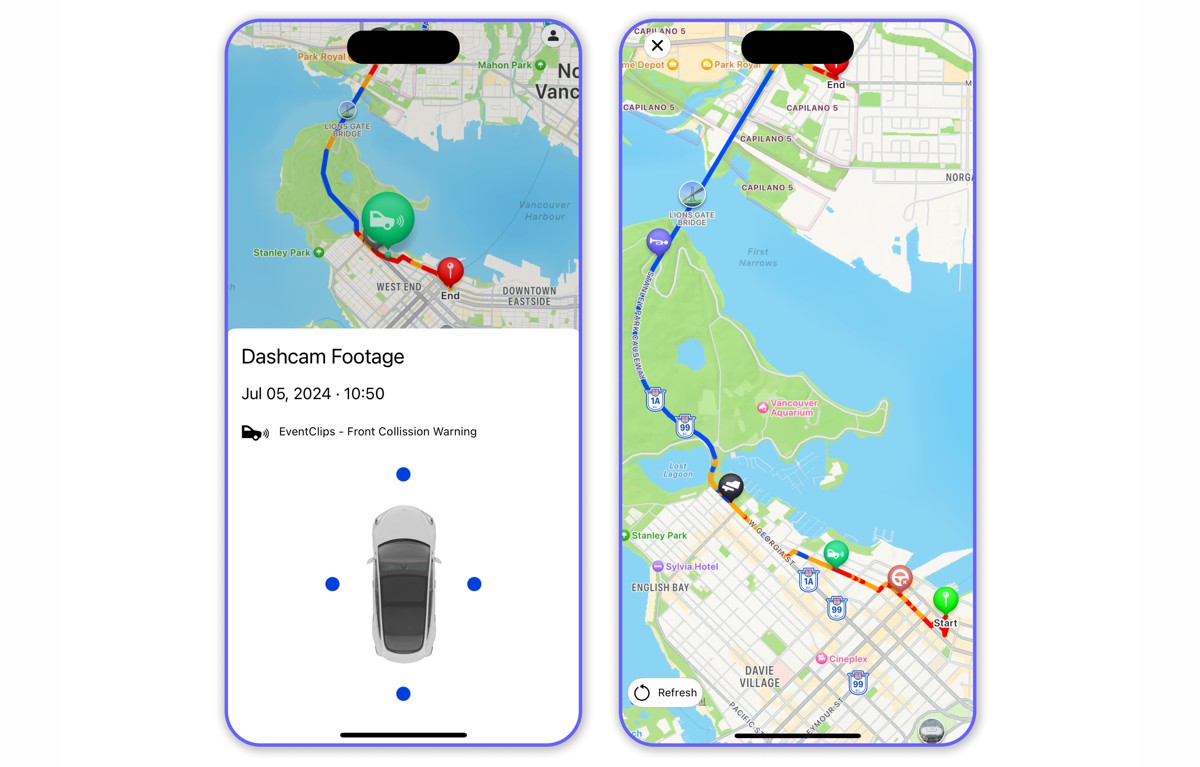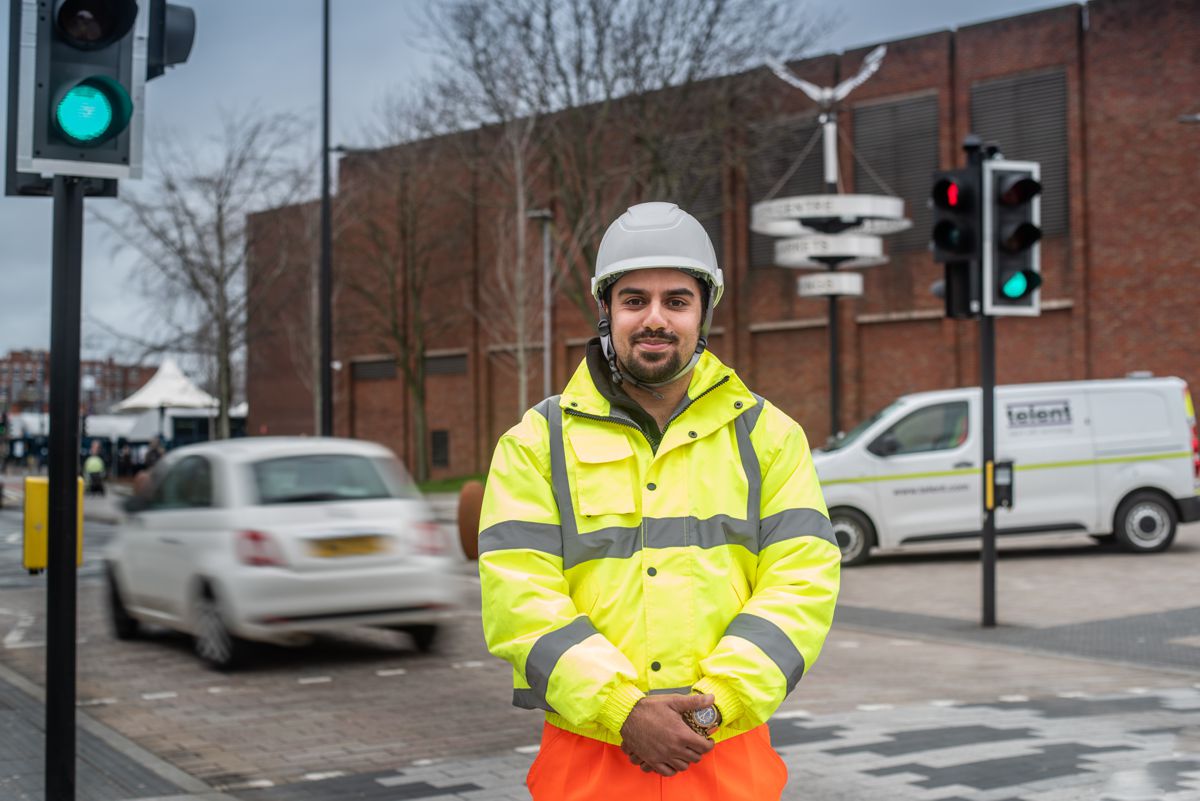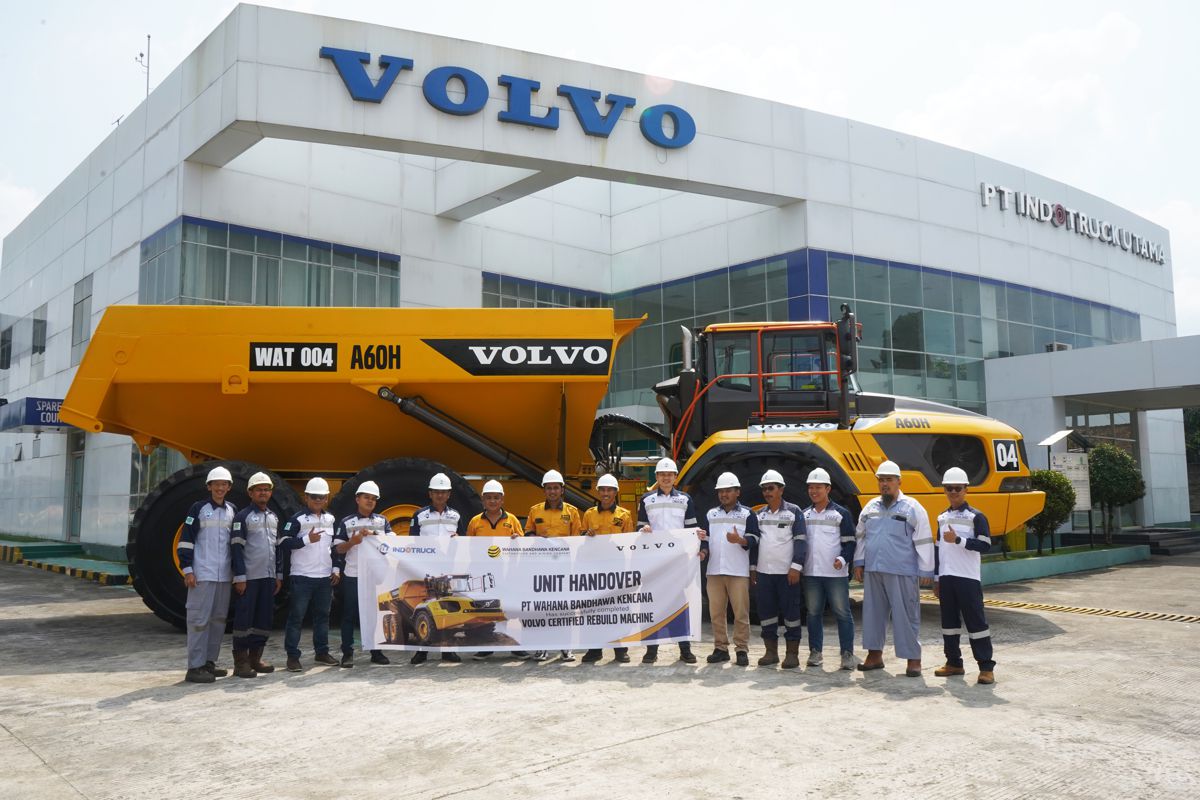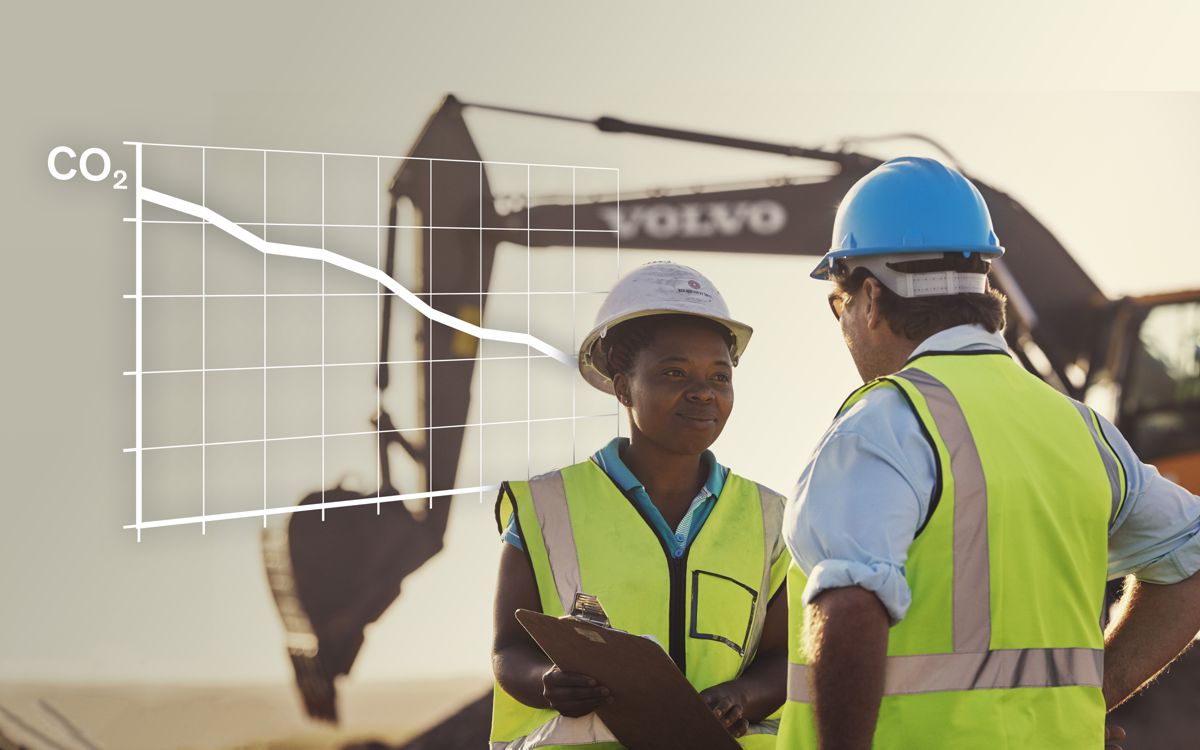Indonesia’s massive public transport system begins transitioning to electric buses
Bus passengers in Jakarta, Indonesia’s capital, will soon be going green. Governor Anies Baswedan’s vision is to make Jakarta one of the greenest cities in the world and the Transjakarta Bus Rapid Transit System is now rolling out a trial programme of electric buses on certain routes in the city to furher the Governor’s environmental goals.
Jakarta’s bus rapid transit system supports almost 200 million riders every year and is the largest in the world, and the system continues to grow as the government adds new routes and more buses to unblock the notorious traffic congestion that plagues the capital.
Transjakarta plans to take on passengers as testing progresses and issue the appropriate permits as testing of the buses began on public roads in late April.
The transition to electric buses is a logical step in the fight to combat a much more dangerous irritant for Jakartans than traffic – air pollution.
Air quality has been decreasing with the increasing numbers of vehicles, coal power and burning land for agricultural purposes. Some days, Jakarta find itself top of list of the most polluted cities in the world.
“We see the move toward electric vehicles as a vital way to combat air pollution and transition to a greener future,” said Transjakarta Chief Executive Officer Agung Wicaksono, “The electric bus trial programme will give us a good sense of the changes we need to make to the system to ultimately replace all of Jakarta’s fleet of public vehicles with electric models.”
The first three trial buses were delivered by China’s BYD and the Indonesian manufacturer PT Mobil Anak Bangsa earlier in March 2019. Transjakarta contracted with these and two other companies to produce environmentally friendly buses for the city, RAC Electric Vehicles and Danfoss.
UN Environment worked closely with the Transjakarta and the Governor’s office to support the transition, providing expert and technical advice to specify electric bus and the integration process to blend the new technology into public transit systems.
The UN Environment is also supporting efforts with Komite Penghapusan Bensin Bertimbel to implement Euro 4 engine emissions and fuel quality standards, and looking at a pollution tax for vehicles to help significantly reduce air pollution.
Bert Fabian, Programme Officer in UN Environment’s Air Quality and Mobility Unit, expressed concern that Jakarta’s air pollution is not unique in the region, he said “Air pollution is impacting cities across Asia and the Pacific, with serious impacts on our health. The transition to electric mobility can have a dramatic effect in reducing pollutants and making cities healthier and more enjoyable places to live.”
Worldwide , air pollution causes nearly 7 million deaths every single year, and 4 million of those occur in Asia and the Pacific region. Electromobility is just one of 25 solutions that the UN Environment and the Climate and Clean Air Coalition are looking at as quick fixes for air pollution. Implementing these solutions has the potential to save millions of lives and could see up to 1 billion people breathing clean air by 2030.
The theme for World Environment Day hosted by China on 5 June 2019 is air pollution and the quality of the air depends on the lifestyle choices the public makes every day.



